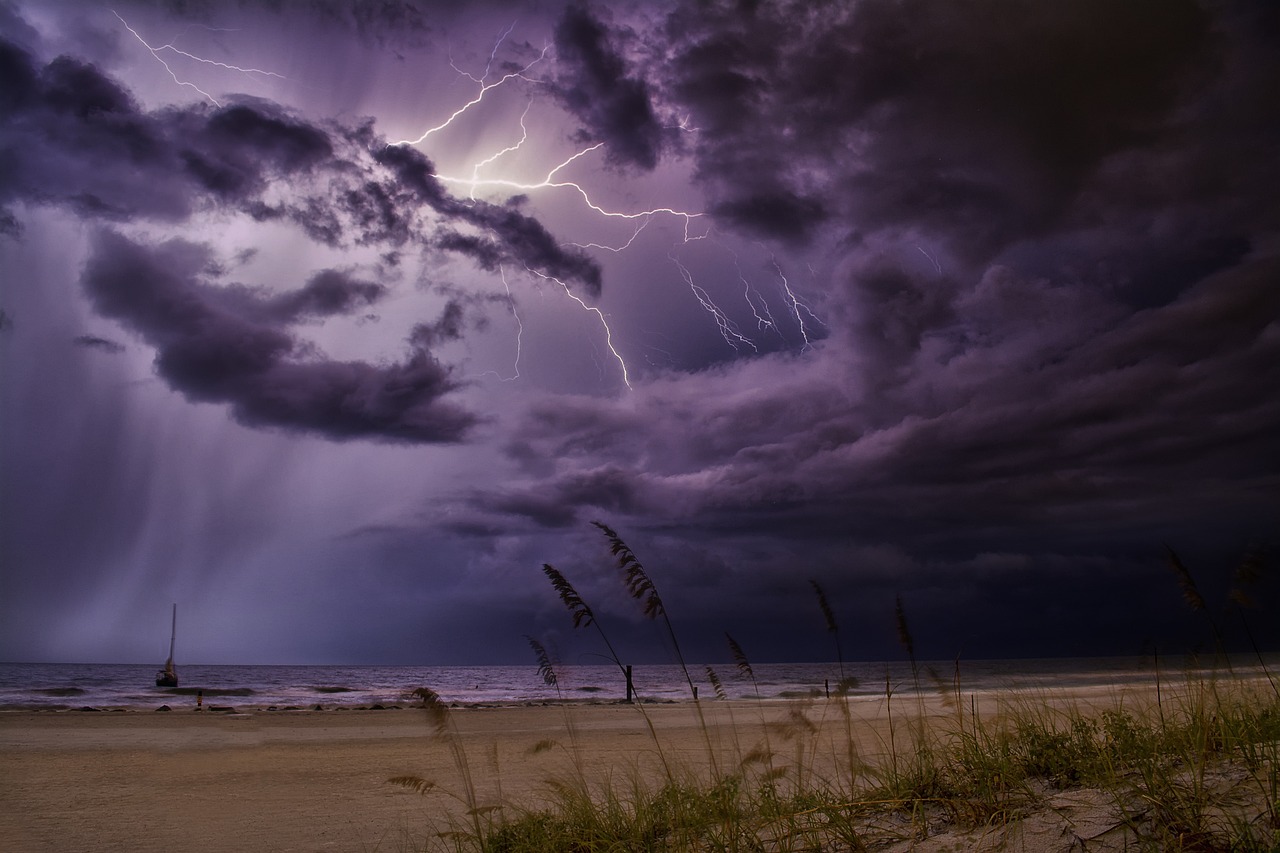In Chinese mythology, Lei Gong, often referred to as Lei Shen (雷神 léi shén) or Lei Shi (雷师 léi shī), is revered as the God of Thunder and serves as the executioner of Heaven. His earliest mentions can be traced back to The Classic of Mountains and Seas: East, where he’s described as a divine dragon with a human head who generates thunder by striking his abdomen. Over time, his representation evolved into that of a muscular man without a shirt, equipped with eagle-like talons and wings, and a face resembling a monkey elongated into a bird’s beak. Some depictions portray him with a red complexion and a trio of eyes adorning his forehead. Traditionally, he is shown wielding a chisel in one hand and a mallet in the other, with a Kui-Skin Drum (夔鼓 kuí gǔ) hanging from his body. The chisel symbolizes punishment for wrongdoings, while the mallet and drum are the tools for creating thunder.
Ancient Chinese folklore holds that Lei Gong possesses the power to discern right from wrong, executing divine justice by annihilating the guilty and maintaining order. Those who commit sins or break their promises are said to be struck down by a devastating bolt of thunder known as the Five Phase Thunder Bolt (五雷轰顶 wǔ léi hōng ding).
Lei Gong and Dian Mu
Dian Mu (电母 diàn mǔ), translating to “electricity mother,” is where Lei Gong’s wife’s legendary narrative comes into play. According to one tale, Lei Gong was once a human who encountered a Peach of Immortality (仙桃 xiān táo) and, upon tasting it, transformed into the thunder deity.
Following his ascension to Heaven, he received instructions from the Jade Emperor (玉帝 yù dì) to oversee the actions of humans and to punish the wicked among them. In the myths surrounding Lei Gong, it is said that every time he dispatched an offender, the sky would darken, which sometimes led to unintended consequences, like the death of innocent bystanders.
One notable story tells of a woman who, while caring for her mother, found the rice she prepared to be inedible. In her frustration, she poured the rice onto the ground. Lei Gong, known for his quick temper, perceived this as wastefulness and decided to strike her down. The Jade Emperor, upon learning of this tragic mistake, was displeased. He resurrected the woman and bestowed the title of Dian Mu upon her, the Goddess of Lightning, making it imperative that she marry Lei Gong to hold him accountable for his actions.
To prevent future misfires, Dian Mu took it upon herself to use mirrors to reflect celestial light onto the earth, providing Lei Gong with the visibility needed to accurately strike his targets. This phenomenon explains why lightning is observed before thunder, as it’s a sign of his celestial judgment.
At the end of these stories, the ancient belief in the Five Phases—metal (金 jīn), wood (木 mù), water (水 shuǐ), fire (火 huǒ), earth (土 tǔ)—remains a central theme in understanding the balance of the universe they inhabited.



